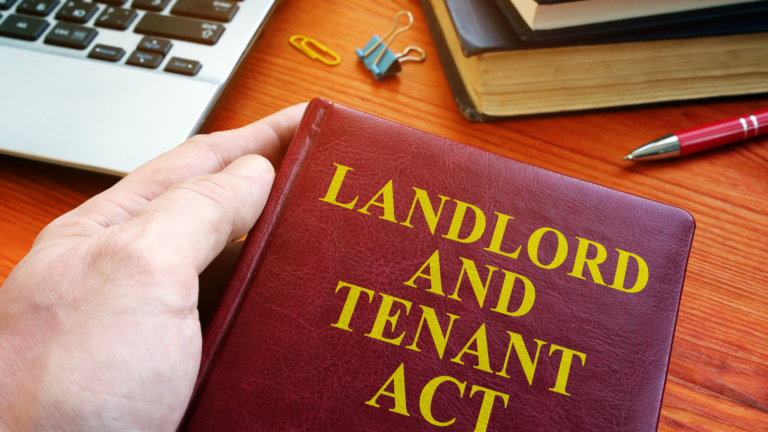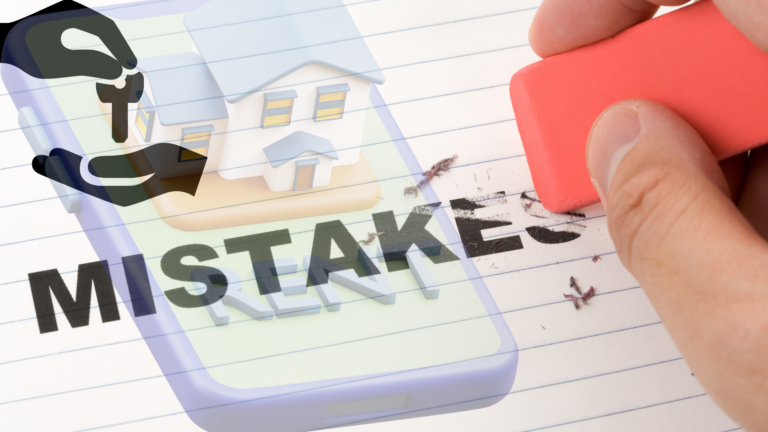Email - reg.rentagreement@legalwing.in

What Tenants Should Check Before Signing a Rental Agreement
One of the most important agreements which involve financial and legal obligations is renting property. It is true that a rental agreement states all the terms of one’s stay; however, negligence to go through it properly can cause a lot of misunderstandings as well as headaches. To avoid such a situation, it is ideal for tenants to take a good look at several aspects of the rental agreement. Here is a checklist of things which need to be verified before putting one’s name on the dotted line:
Do remember that it is renting a property after a very big decision to make financial and legal commitments. It is true that rental agreements state all the terms of one’s stay, but neglecting to go over it thoroughly may create a number of misunderstandings along with headaches. Therefore, agents and tenants should bear in mind several points of the rental agreement where they stand to test prior signing on the line:
Read the whole agreement. A lease is a legally binding agreement between two parties and should be followed to the last letter to avoid legal hassles.
Make sure you understand the terms before running to sign anything. No one likes to be left in the dark about something so important. If you do not understand any paragraphs of the document, feel free to reach out to the landlord for their explanation.
1. Verify Property Details
It’s very essential to include the correct property details in the rental agreement which include the address, apartment number, and other amenities that may be added to avoid any kind of confusion regarding what you are going to get..
2. Check the Rent Amount and Payment Terms
- It is necessary to examine the discussed and confirmed rental amount to ensure it corroborates with all prior discussions or agreements. Verify the terms of payment, such as:
- Date for the monthly rent to be due.
- Accepted modes of payment.
- Penalties for late payments, if applicable.
- Settle all vague matters to prevent future quarrels.
3. Duration of the Lease
An agreement should definitely specify the lease period, whether the agreement lasts for six months, one year, or another defined duration. Think of renewal clauses, notice periods for termination, and conditions for future extension of the lease.
4. Security Deposit Terms
The amount of security deposit and the terms of refund need to be specifically stated. Some points to inquire about:
- Duration for refunding deposit after moving out.
- Deduction for damages if any.
- Maintenance charges or other hidden costs deducted from the deposit.
5. Maintenance Responsibilities
Having identified the individual(s) who will be responsible for handling maintenance and repair issues, including the ones mentioned here:
- Regular repairs, such as plumbing, electrical problems, etc.
- Major Structural Repairs
- Joint Maintenance Expense in a Society Apartment .
Such information can save one from unwanted expenses.
6. Rules and Restrictions
Most probably, the landlords will have in their tenancy agreements some special clauses towards better maintenance of their property. Investigate for specific clauses:
- Restrictions on sub-leasing.
- Keeping pets.
- Hosting guests.
- Use of the common facilities.
7. Utilities and Additional Costs
Check if utilities such as electricity, water, internet, and gas are going to be part of rent or to be paid separately. Also, check who will bear the common use of amenities such as parking, garbage collection, or security services. Confirm whether utilities such as electricity, water, internet, and gas are included in the rent or billed separately for their use. Confirm who will pay for the common use of amenities such as parking, garbage collection, or security services.
8. Condition of the Property
Do check the condition of the property right before you put your pen on the paper. Note them down well enough that you can show them to the landlord so that there are no misunderstandings later. May take the same with some photographs or written repair agreement with the lease, if required.
9. Legal Compliance
A rental agreement registration is usually made compulsory in a place like Pune. The registration cost will, then, be incurred by the landlord agreeing to it. In the absence of such terms, an unregistered agreement is not considered valid in any dispute over the agreement.
10. Eviction and Exit Terms
It won towards the end the last-minute collation of information that would provide once and for all the best approach for evictions and termination of agreements. Fair agreements are likely to give both parties reasonable notice periods of termination.
11. Clauses for Rent Increase
If the lease happens to get extended for a period greater than one year, ascertain whether there is provision regarding raising the rent. Specify, if you will, the percentage or dollar amount to avoid any surprises in future costs.
Conclusion
Instead, an entire volume enshrined in law should not only be a mere sheet of paper in the case of rental agreements but also legal protection for tenants and landlords. Therefore, everything in this document must be read and interpreted for every clause, which indicates smooth renting and secures rights for both parties without confusion. When a tenant is in a state of uncertainty, he should seek advice from a legal specialist or rental agreement expert for help in deciphering some of these complicated terms.
A tenant will therefore have a trouble-free renting experience without any headaches from any legal or financial tussles.
Need a rental agreement drafted or registered? Contact us today for fast, professional services! – Contact – 7709415315




